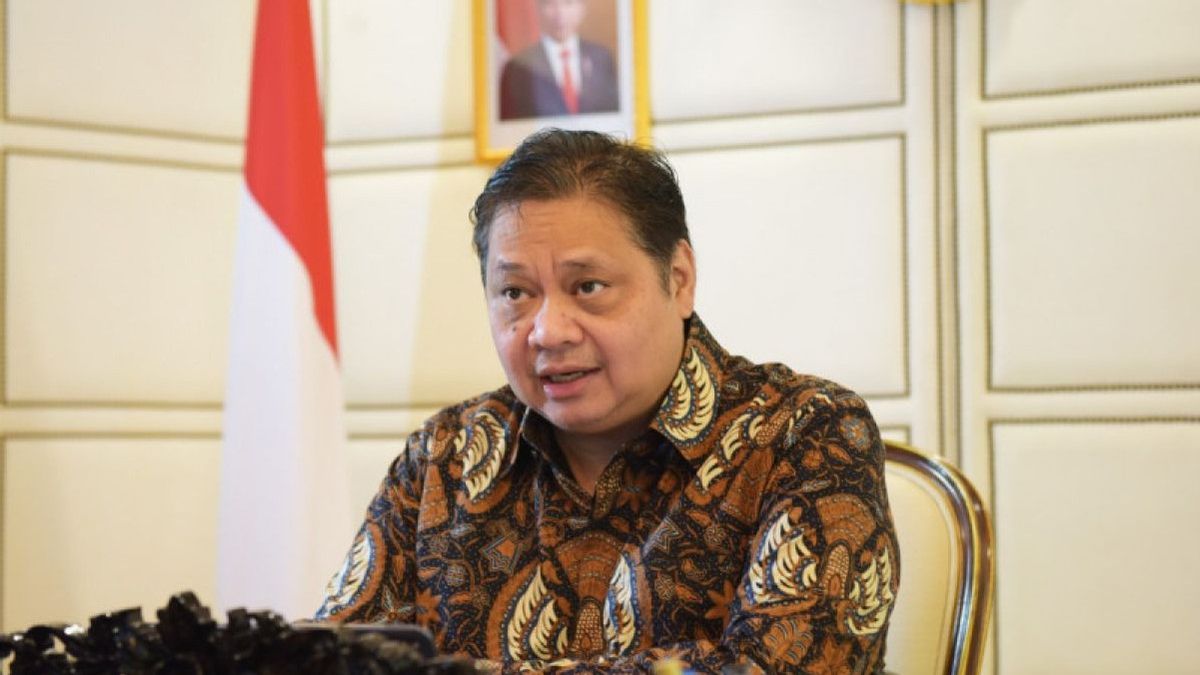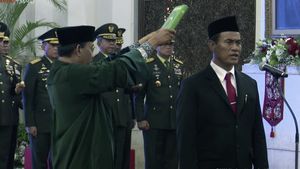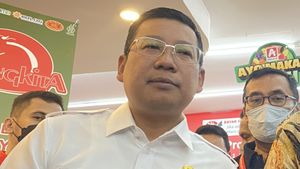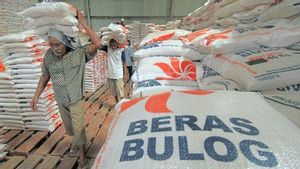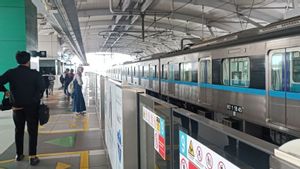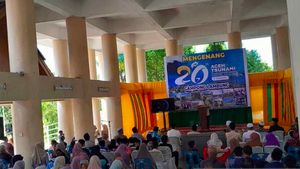JAKARTA - As one of the leading sectors of the national economy, the agricultural sector is able to score positive growth of 2.02 percent (yoy) and contribute 13.35 percent to Indonesia's economic growth in the second quarter of 2023.
"This positive performance needs to be appreciated, especially in order to continue to be improved in the midst of various challenges that are being and will be faced," said Coordinating Minister for the Economy Airlangga Hartarto in his statement, Tuesday, October 24.
Airlangga explained that currently the world is facing the challenges of El Nino, which BMKG predicts will still occur until February 2024. El Nino has caused an increase in temperature and drought, and has the potential to reduce agricultural commodity production.
Furthermore, BPS estimates that there will be a decrease in the total rice harvest area by 2.45 percent from 10.45 million ha in 2022 to 10.20 million ha in 2023. This will have a direct impact on the decline in total production of dry rice (GKG) and rice production.
In addition, the price of Panen Dry Grain (GKP) at the farmer level as of September 2023 was recorded to have increased by 11.69 percent compared to the previous month.
The price of the Dried Giling Grain (GKG) in September 2023 also rose by 9.18 percent. As a result, the price of premium rice and medium rice at the milling level also increased by 9.75 percent and 10.55 percent, respectively.
"Cash milling has a strategic role, especially to maintain rice price stability at the consumer level," said Airlangga.
Airlangga revealed that during the last 50 years the rice milling industry has faced a number of challenges such as high loss of rice at the drying and milling stages, difficult rendemensional milling, and the quality of rice produced is not optimal because many rice is broken, and the cost of rice production is relatively high, especially for rice with better quality.
اقرأ أيضا:
Airlangga added that the Government continues to focus on revitalizing and restructuring rice mills by encouraging rice mills to revitalize production infrastructure, so that the quality of grain and rice produced can increase.
"Various program and policy support is also provided both through People's Business Credit, infrastructure assistance and also Alsintan KUR," he explained.
Airlangga hopes that all parties will continue to increase productivity, maximize their role in maintaining economic growth, food availability.
"Hopefully this National Working Meeting will produce thoughts and breakthroughs on food needs and hopefully Indonesia will be blessed by a better future," Airlangga concluded.
The English, Chinese, Japanese, Arabic, and French versions are automatically generated by the AI. So there may still be inaccuracies in translating, please always see Indonesian as our main language. (system supported by DigitalSiber.id)
